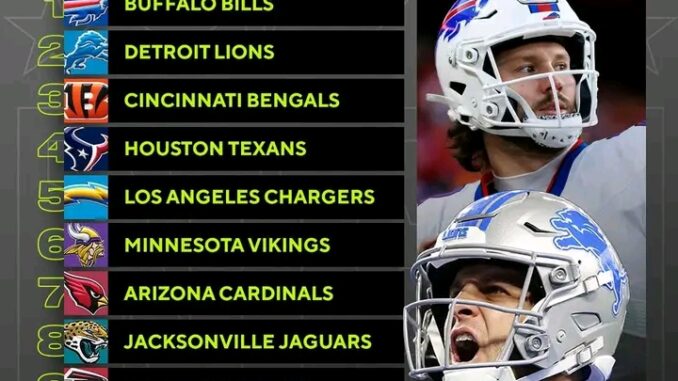
Do you agree?
Agreement is rarely a simple yes or no. Whether we agree or disagree often depends on context, values, and personal experiences. When someone asks, “Do you agree?” the most honest and thoughtful response often lies somewhere in the middle—a nuanced perspective rather than a binary answer.
To agree with a statement means to align with its message, implications, and the assumptions behind it. But meaningful agreement requires critical thinking. For example, agreeing with a popular opinion might seem easy, but without understanding its consequences or its deeper meaning, that agreement becomes superficial.
Disagreement, on the other hand, doesn’t necessarily mean rejection—it can signal an opportunity for growth, reflection, or the presentation of alternative ideas. Disagreeing with a point doesn’t mean hostility; it means being engaged, willing to explore different angles, and committed to truth rather than comfort.
The phrase “Do you agree?” challenges us to question ourselves: Are we just conforming? Are we resisting out of habit? Or are we truly engaging with the issue?
In conversations, especially those involving moral, social, or political questions, it’s important to ask why we agree or disagree. Is it because of evidence? Personal values? Peer influence? Understanding the reasons behind our stance is more important than the stance itself.
Ultimately, whether we agree or not, what matters most is the ability to respect differing views, to articulate our own thoughtfully, and to be open to changing our minds when presented with compelling reason.
Leave a Reply